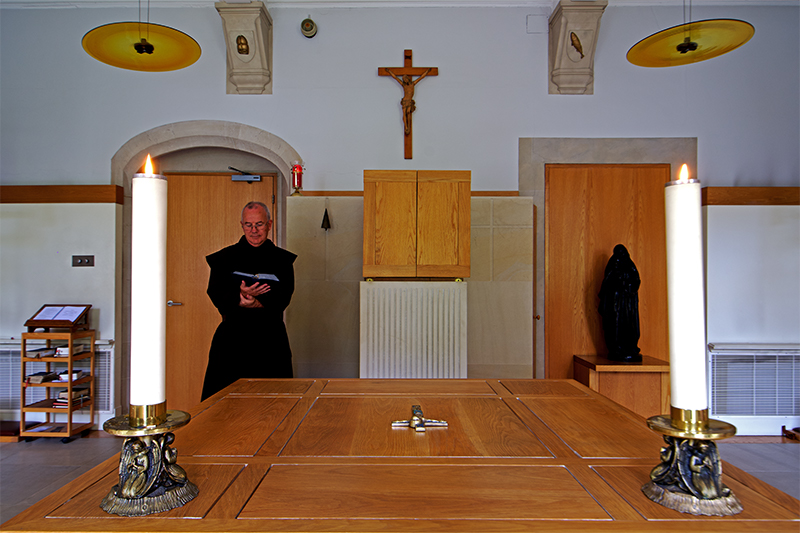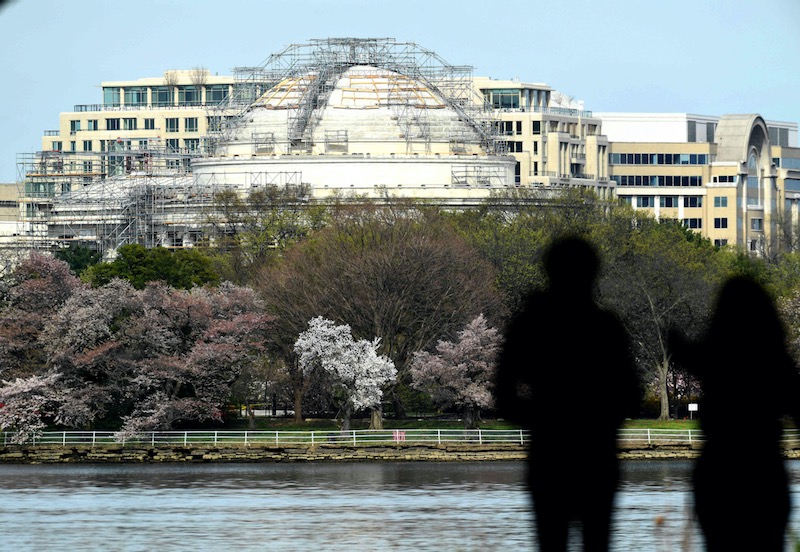Lockdowns, restrictions on movement and being forced to stay at home. The strict rules in place across Europe and parts of the United States to stop the spread of Covid-19 are forcing us to rethink how we live our lives.
Yet in the midst of the difficulties caused by the restrictions, we are learning about the often forgotten virtue of gratitude.
Right now millions of people in the west are realising just how much we have taken for granted: our health, travel, socialising and even trips to the park. Ironically, it is when these are stripped back that we start to appreciate the things that we have.
This experience is even more pronounced for those who have been struck down by the virus.
“It changed me. I understand the importance of things that used to seem insignificant,” Fausto Russo, 38, a fitness trainer living in Latino, the south of Rome explained. “Things that signify living – breathing, a walk, a hug, a glass of wine – because this virus wants to take that away from you. It wants to take away your freedom."
Slowing down, and becoming more grateful can be a powerful tool for navigating the current crisis. It is also an antidote to rampant consumerism and a transactional culture where everything can be bought and sold. It is a culture where everything has a price, but few things have value.
Two prominent spiritual thinkers see gratitude as a key element in developing the inner life of a Christian and becoming more fully human.
Fr Timothy Radcliffe, the former global leader of the Dominican religious order and popular spiritual writer, says remembering to give thanks is about connecting to reality.
“We may think that gratitude is a feeling. It is much more than that. It is simply living in the real world, in which everything is a gift from God, ‘the giver of all good things’,” he tells me. “Someone who thinks of things as fundamentally to be bought and sold and owned is living an illusion."
He stressed that this temptation to transactional thinking has always been a temptation for humanity but he says got worse in the 16th and 17th century. Fr Timothy cited the Austro-Hungarian economic historian who wrote about the “commodity fiction”, the idea that “land and water could be simply owned, and even other human beings in the great explosion of the slave trade.” He added: “To give thanks is to open your eyes.”
Covid-19 is a human catastrophe. But it is also making millions assess what is important, and to count their blessings - particularly if they have not contracted the illness. This is a pandemic which pays no respect to wealth or status: it has infected princes (the Prince of Wales; Prince Albert of Monaco) and celebrities. The fact we are all in this together is bringing communities together, and forging bonds of solidarity. That in itself is something to be thankful for.
Fr James Martin, the Jesuit writer and Editor-at-Large for America, explains that one of the hallmarks of the spirituality of the Jesuits is gratitude, even in painful times. The Coronavirus pandemic, he points out, is no different.
“During stressful periods, we tend to focus on the stress, and so can overlook the places where God is reaching out to us,” he told me. “Cultivating an attitude of gratitude, hackneyed as that sounds, is essential to maintaining perspective. God is active in the midst of the coronavirus - through the actions of heroic medical teams, loving relatives and compassionate friends. But are you allowing yourself to notice these actions of God? Noticing is the beginning of gratitude.”
Across Europe, people are finding ways to thank nurses and doctors for their self-sacrifice service to those suffering from the virus. On 26 March thousands across the UK clapped in appreciation for NHS workers battling Covid-19. Instead of taking them for granted, we are recognising the vital importance of our health systems and how everyone relies on them.
By sitting in “our cells” during the Covid-19 pandemic there is an opportunity to rediscover the value, as we read in the letter to the Ephesians, of “always giving thanks”.



 Loading ...
Loading ...
What do you think?
You can post as a subscriber user ...
User comments (0)